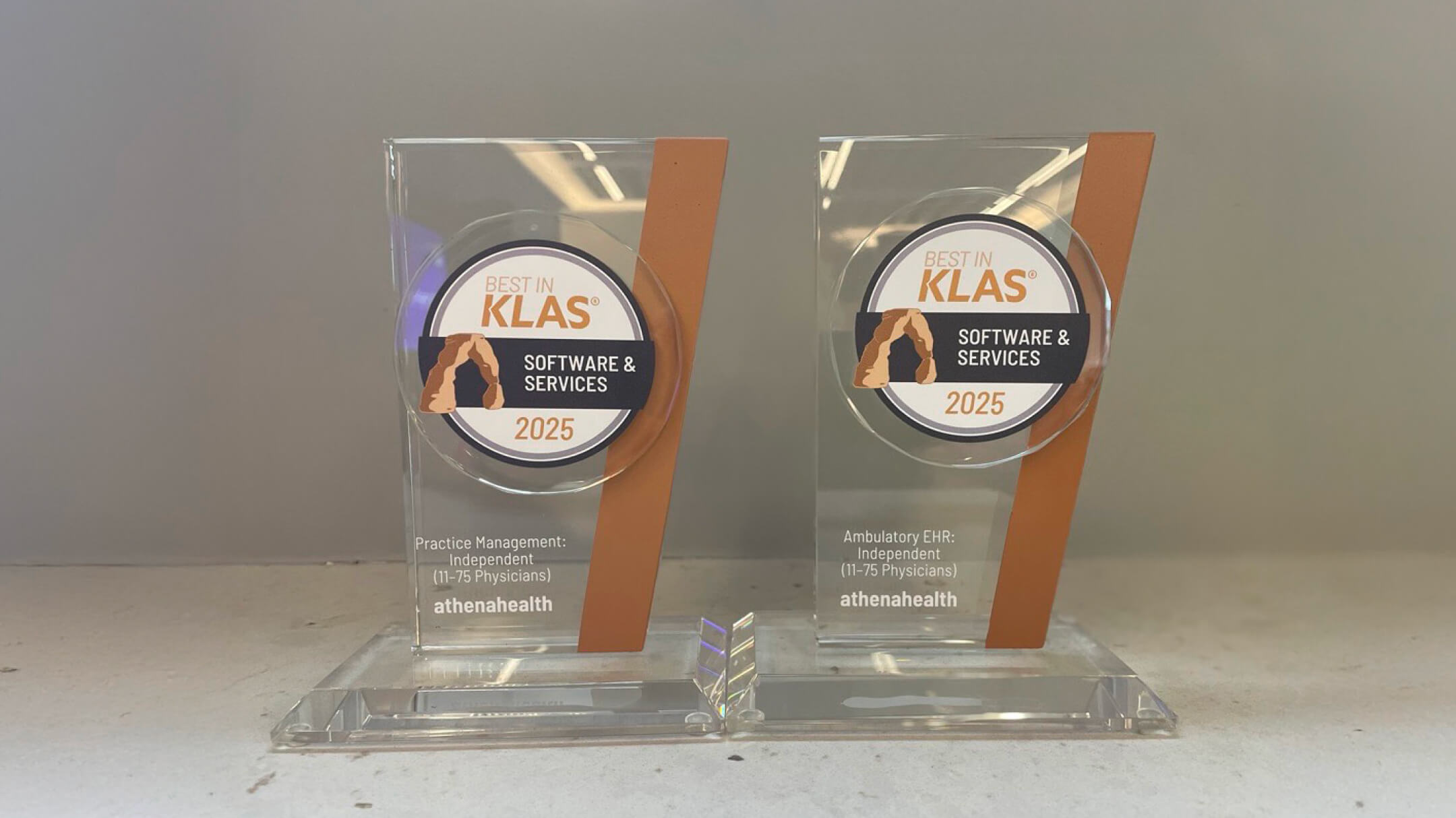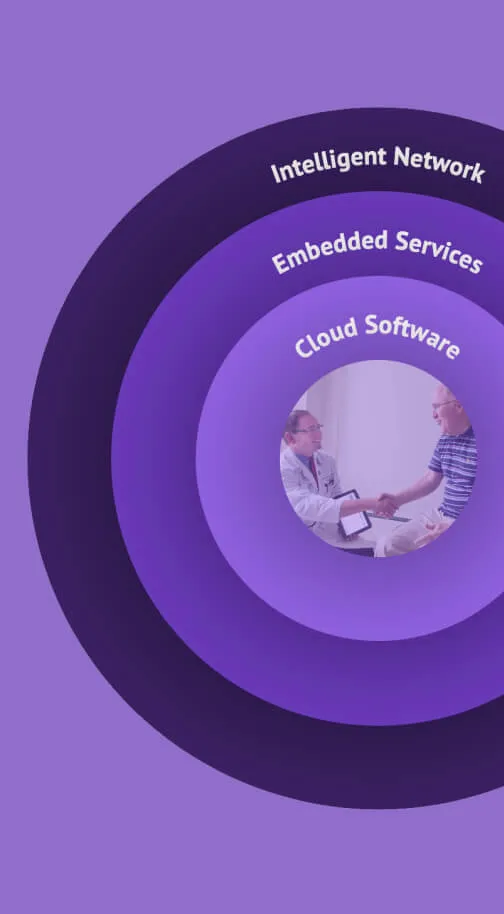Resource Center
All ContentBlogCase StudiesCustomer Success Storiesebooks
- athenahealth
- July 10, 2025
- 7 min read
Healthcare reimbursement challenges
Medicare reimbursement rates are on the decline. What physicians should know to plan ahead. Read moreMore resources

- Erika Christiansen
- July 18, 2025
- 4 min read
practice management
Staying connected with patients as a one-doc practice
Learn how Instinctive Wellness improves patient engagement, grows, and thrives as a small, cash-based practice.
Read more 
- Christine Davis
- July 18, 2025
- 5 min read
athenahealth products
What is KLAS? Your questions answered
Meet the research company behind Best in KLAS and KLAS Points of Light awards – and see why these accolades matter.
Read more 
- Christy Maerz
- July 18, 2025
- 6 min read
athenahealth products
How our CSMs help behavioral health practices thrive
Our Customer Success Managers provide unparalleled support for behavioral health practices. Here’s how.
Read more 
behavioral health
Growing from 10 to 110 patients in under a year
- 10xIncrease in patient volume
- 3.0average cDAR

- Erika Christiansen
- July 18, 2025
- 4 min read
practice management
Staying connected with patients as a one-doc practice
Learn how Instinctive Wellness improves patient engagement, grows, and thrives as a small, cash-based practice.
Read more 
- Christine Davis
- July 18, 2025
- 5 min read
athenahealth products
What is KLAS? Your questions answered
Meet the research company behind Best in KLAS and KLAS Points of Light awards – and see why these accolades matter.
Read more 
- Christy Maerz
- July 18, 2025
- 6 min read
athenahealth products
How our CSMs help behavioral health practices thrive
Our Customer Success Managers provide unparalleled support for behavioral health practices. Here’s how.
Read more 
behavioral health
Growing from 10 to 110 patients in under a year
- 10xIncrease in patient volume
- 3.0average cDAR

- Erika Christiansen
- July 18, 2025
- 4 min read
practice management
Staying connected with patients as a one-doc practice
Learn how Instinctive Wellness improves patient engagement, grows, and thrives as a small, cash-based practice.
Read more Empower your practice

AI powered patient engagement
Learn how AI tools can help improve patient loyalty and outcomes.






